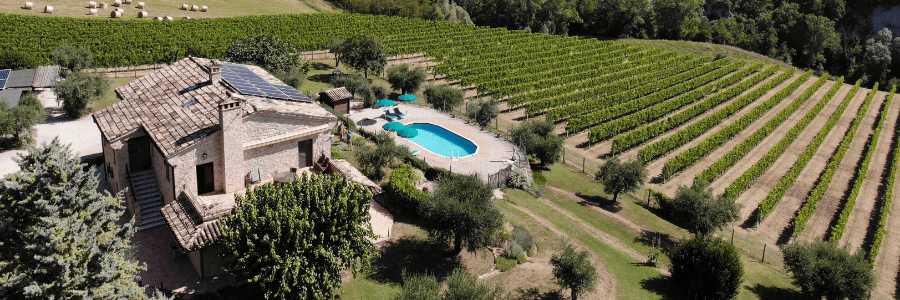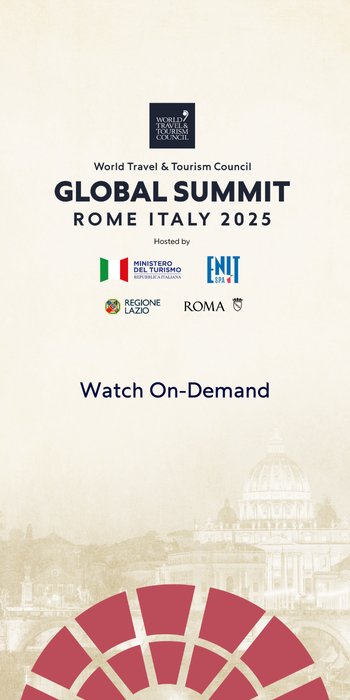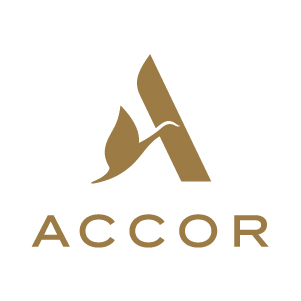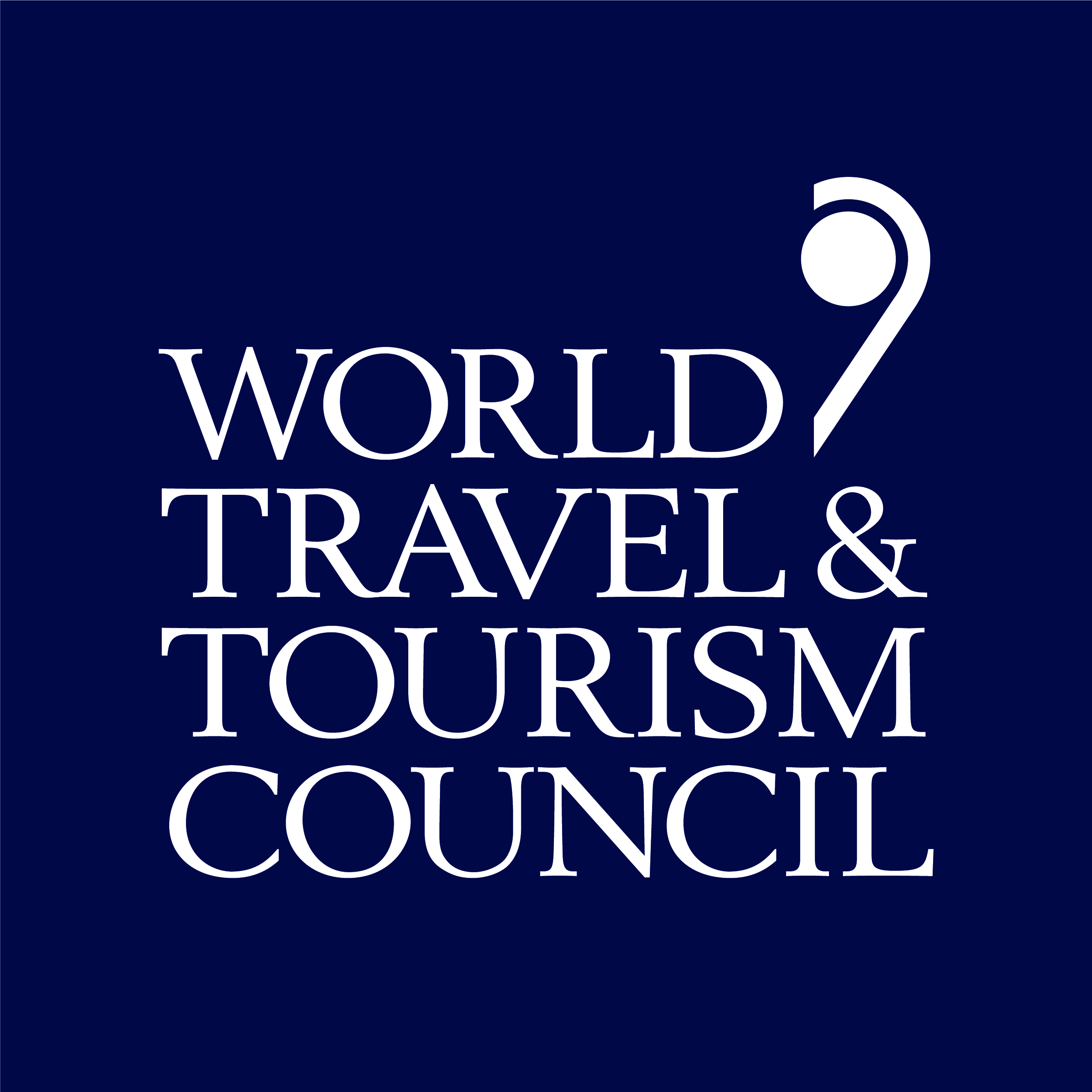Sustainability expert Nikki Mattei shares how purpose-driven travel businesses can shape a better future

It all started with a piece of bad wild boar meat. On her honeymoon in Mauritius, Nikki Mattei, a chartered marketer and sustainability expert, contracted severe food poisoning that spiralled into Crohn’s disease, an illness she was told would stay with her for life. But instead of resigning herself to endless medication at the age of 30, she embarked on a personal journey that changed everything, from food to beauty to cleaning. She eliminated chemicals and embraced an organic lifestyle. What she discovered was that what was good for her body was also good for the planet.
Sign in to access actionable insights
It all started with a piece of bad wild boar meat. On her honeymoon in Mauritius, Nikki Mattei, a chartered marketer and sustainability expert, contracted severe food poisoning that spiralled into Crohn’s disease, an illness she was told would stay with her for life. But instead of resigning herself to endless medication at the age of 30, she embarked on a personal journey that changed everything, from food to beauty to cleaning. She eliminated chemicals and embraced an organic lifestyle. What she discovered was that what was good for her body was also good for the planet.
That personal health crisis became the unlikely spark that led her into the world of sustainability and purpose-led marketing. “Having worked in marketing for my whole career, I decided in 2012 to brand myself as an ethical marketing freelancer. I wanted to work with organisations who had sustainability at the heart of their business model,” Nikki explains. Her work with initiatives like Fashion Revolution deepened her understanding of supply chains and workers’ rights. Later, a move to Italy placed her in the middle of sustainable tourism when she bought a home with a short-term rental. It was the perfect testing ground for her values, such as living sustainably and helping others do the same.
From lifestyle to leadership
Living as a conscious consumer for more than 20 years has shaped not only her lifestyle but also her professional path. In 2022, she rebranded herself as a Sustainability Marketing Specialist to widen her influence and amplify her impact. Today, she works with businesses that want to become truly purpose-led, bringing her unique combination of personal commitment and hands-on industry experience.
Interestingly, she notes, many of the founders she works with already have purpose embedded into their DNA, even if they don’t label it as sustainability. “Yes, it’s about reducing carbon emissions, but it’s also about protecting nature and respecting people. Tourism is all about people,” says Nikki.
For her, the future is made up of leaders of small and medium enterprises (SMEs), who will grasp the opportunities that responsible tourism brings, thereby leading a transformation in the Travel & Tourism sector.
Speaking the language of SMEs
But how do you convince SMEs, often under pressure to deliver short-term results, that sustainability isn’t just ‘nice to have’ but a long-term business driver? Nikki says education and language is the way to go.
“We need to move away from sustainability or scientific jargon. SMEs need practical, relatable examples. If we encourage travellers to visit destinations in the low season, for example, hotels can spread out occupancy rates, avoid burnout, and create more meaningful guest interactions,” says Nikki.
Gen Z, she adds, is watching closely. As the next generation of travellers, they expect brands to act responsibly. Companies that fail to show they care about their local destinations risk being left behind.
Stories of transformation
Her collaborations have shown that change is not only possible, it’s happening. For instance, she has worked with organisations looking to help properties and owners become more sustainable, such as EnviroRental, with its free resources for short-term rentals, and two certifying brands, Qalia, for luxury small hotels and private villas, and Sustonica specifically for short-term rentals.
She highlights Bawah Reserve in Indonesia, a luxury hotel built with minimal environmental impact and designed with the local community in mind. “I did an online interview with their CEO, Raymond Saja, to learn about the wonders of this hotel. The thing that impressed me most was that they thought about the natural landscape and the local people at every step of the way,” she says. Instead of relying on destructive fishing practices, former fishermen were trained in organic farming, providing fresh produce for the resort and local markets.
On the other side of the spectrum, she points to Sykes Holiday Cottages, led by Graham Donoghue, which has achieved B Corp certification. Their 2024 Impact Report shows how much they care about the natural world in which they operate, as well as their staff and guests. Beyond environmental practices, Sykes supports disadvantaged families by giving them the chance to enjoy a much-needed holiday. “When you have a disabled or seriously ill child, being able to get away as a family is priceless,” she reflects.
“These examples show how easy it is to care for your destination. Travellers feel it, locals appreciate it, and it builds a stronger business,” says Nikki.
Marketing with meaning
In today’s crowded digital space, buzzwords like ‘eco,’ ‘green,’ and even ‘sustainability’ often fall flat. Instead, she advises SMEs to tell their stories authentically and with heart. “If you’re in a coastal location, partner with local fishers and restaurants, support a marine conservation charity, or even let guests join a citizen science project. Show what you stand for through action, not slogans. That’s what creates connections,” she says.
She believes SMEs are uniquely positioned to lead the movement toward responsible tourism. With their deep roots in local communities, they have the agility to adapt quickly and the authenticity to craft stories that resonate with travellers seeking meaningful experiences. “When small businesses work together in a destination, they can become a real force for good,” she emphasises.
If she were to design a ‘sustainability starter kit’ for SMEs, it would have three essentials:
- Education on what sustainability really means and the concrete steps businesses can take.
- Case studies showing real-world examples of businesses gaining financial and brand benefits.
- Marketing integration so that responsible practices are visible to travellers and clearly linked to community and environmental wellbeing.
What excites her most is the next generation of entrepreneurs who see sustainability not as an obligation but as an opportunity. “People, planet, profit, it’s all connected. Travel has the unique power to help people experience new cultures while also protecting the fragile natural world,” Nikki says.
Her journey from personal illness to global purpose-led impact underscores that sustainability is not just about saving the planet; it’s about saving ourselves. As she puts it, “Always use that lens when you examine your business. Ask yourself if what I’m doing is caring for people, caring for place, and caring for the planet? That’s what true sustainability is all about.” And perhaps that’s the lesson the Travel & Tourism sector, and all of us, can no longer afford to ignore.

















